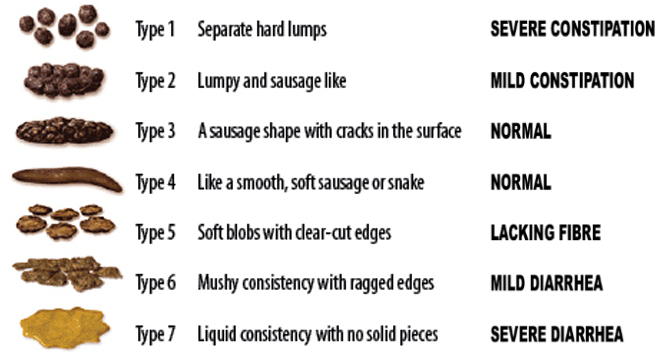What do these three components of your health have in common? They are deeply interconnected, and over time, they can dictate the quality of your overall well-being.
In functional nutrition counseling, sleep, digestion (your poop!), and blood sugar are the NON-NEGOTIABLES. This means that no matter the health concern, these are always the starting points. They form the foundation of functional health and profoundly affect the underlying conditions where either wellness or disease takes root.
Before diving into supplements or tests, addressing these basics through diet and lifestyle modifications is essential. Once sleep, digestion, and blood sugar regulation are optimized, many other health issues—including deficiencies and dysfunctions—often resolve or become easier to address.
Sleep
It’s no surprise that sleep is crucial. During sleep, the body shifts into recovery mode, repairing and replenishing from the day’s wear and tear (physical, mental, and emotional efforts). This is when nutrients you’ve consumed are put to work to support essential processes like tissue repair and hormone regulation.
Your skin, intestines, blood vessels, and brain all benefit from restorative sleep. However, habits like eating large meals, drinking alcohol, or unmanaged stress can interfere with the body’s ability to fully rest and repair, as it stays busy digesting or dealing with stress hormones.
Personally, I’ve noticed that psychological stress is what affects my sleep the most, so I focus on managing stress through exercise, yoga, and relaxation techniques. What about you? What negatively affects your sleep the most, and what positively impacts it?
Poop
Your bowel movements are a window into the quality of your digestion. If you’re familiar with the Bristol Stool Chart, a stool that falls in the range of types 3 or 4 is what you want. So, before you flush, take a quick look!

When your diet is lacking key nutrients such as protein, fiber, and probiotics, it can lead to inflammation and poor digestion, which may result in a hyper-permeable (or “leaky”) gut. On the flip side, consuming ultra-processed oils, sugars, and foods that trigger sensitivities can worsen gut health and perpetuate inflammation.
The first steps to improving gut health include eating whole foods, staying hydrated, and getting quality sleep.
Blood Sugar
Finally, blood sugar regulation is a reflection of your diet and how well your hormones are managing your metabolism. Insulin, cortisol, and glucagon work together like an orchestra to maintain stable blood sugar levels. However, factors like chronic stress, lack of exercise, and a poor diet can throw this balance off, creating a ripple effect on your entire body.
Hormones act as chemical messengers, traveling through the bloodstream to communicate with different parts of the body. When they are consistently thrown out of their balance, energy crashes, mood swings, acne, Type 2 diabetes, cardiovascular disease, sugar cravings, and weight loss resistance, are some of the many ways your body shows it.
Exercise, a diet rich in fiber, low-glycemic foods, and healthy fats can have a profound and positive effect on blood sugar regulation.
With these key principles in mind, I created My Functional Foods—nutrient-dense foods free from ultra-processed ingredients, made to support sleep, digestion, and blood sugar regulation. The conventional food industry often relies on refined, low-quality ingredients, and healthcare systems tend to address issues only once they become pathological. This approach is not enough to sustain long-term, functional health.
Resources
Download my free Food Journal here, where you can track your food intake and poop. Notice if you are eating enough fiber, for example, and relate it to how your stools and mood look like over time. Need help? I got you, let’s get to know each other and see how I can support you in your journey.



